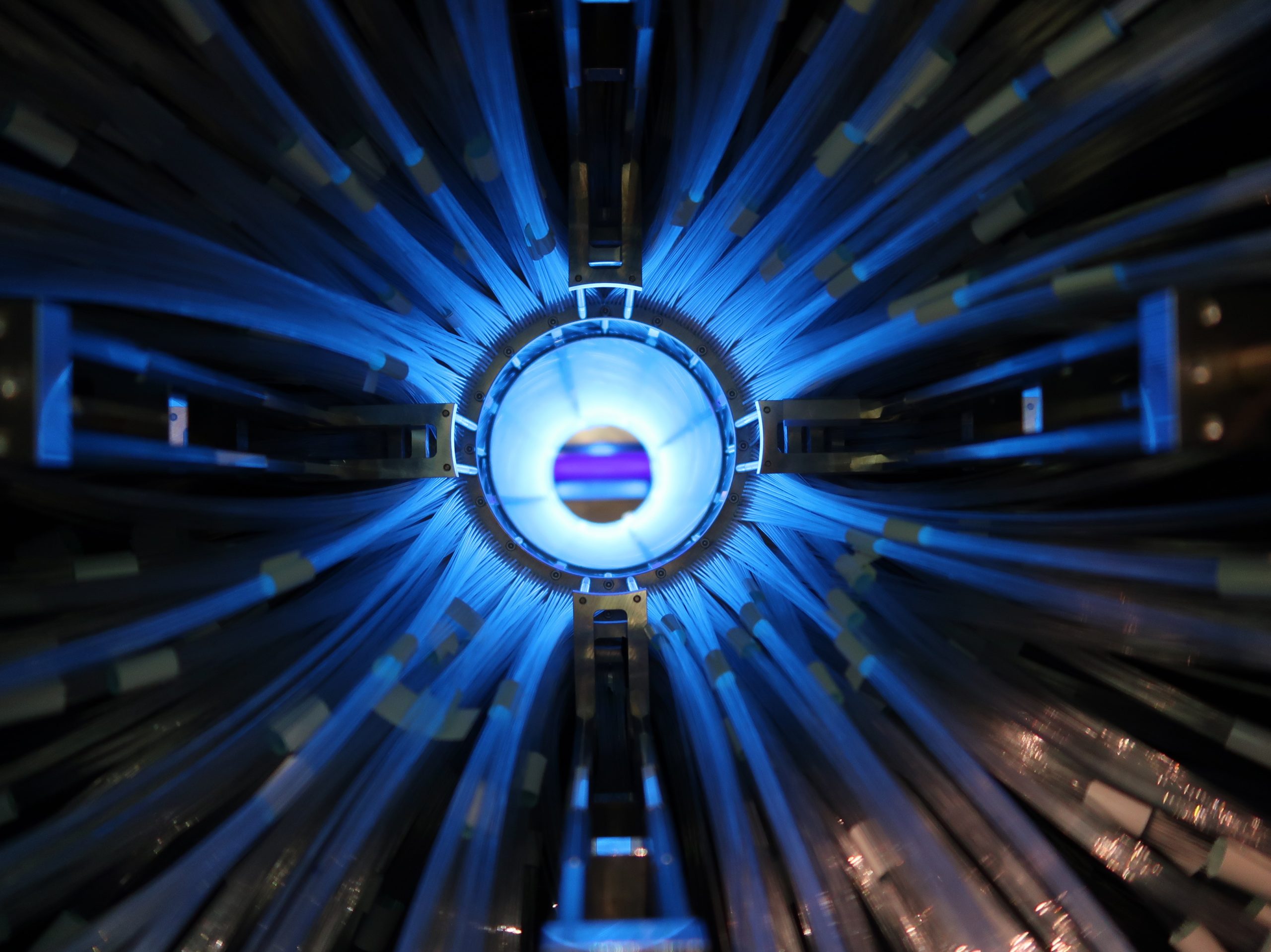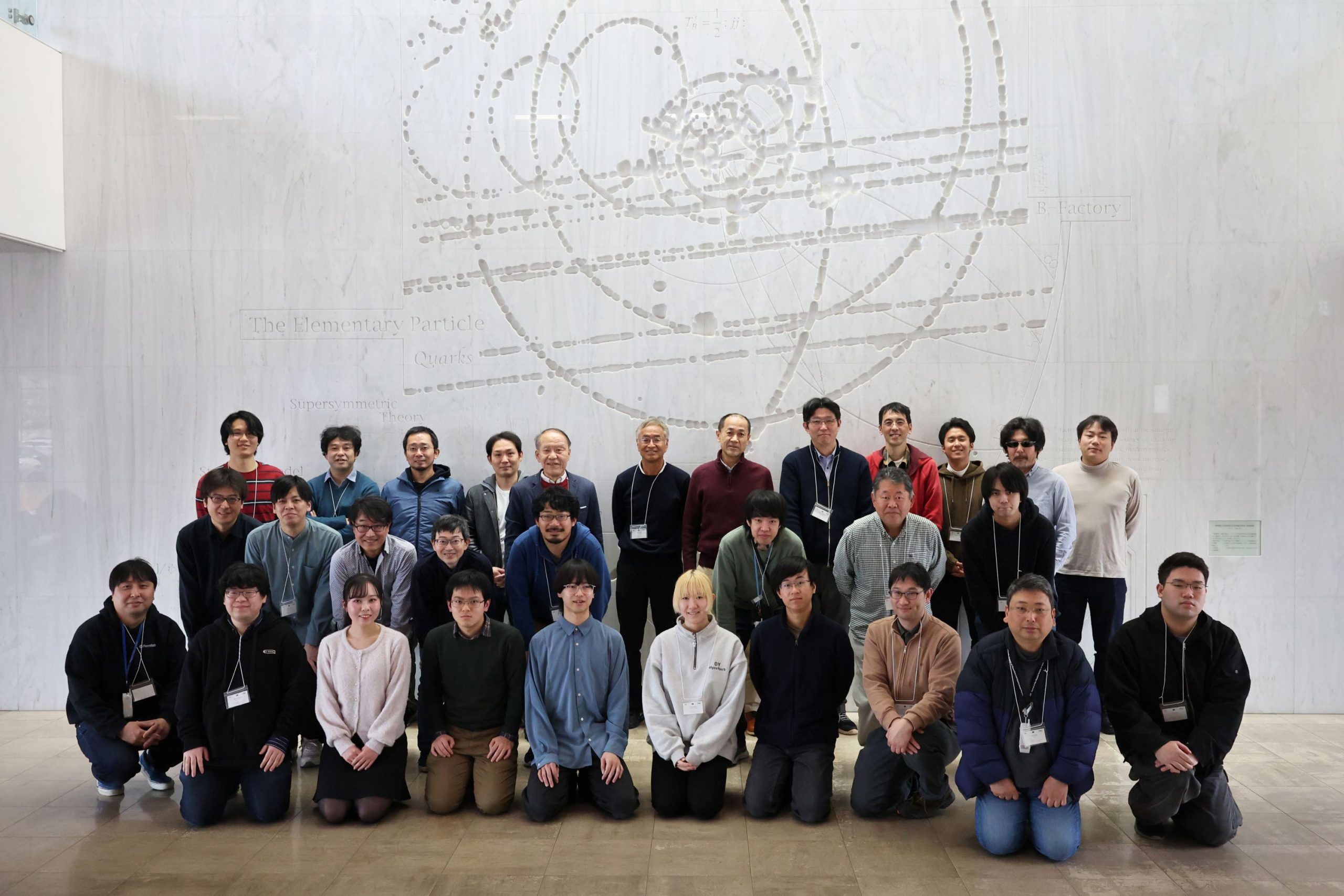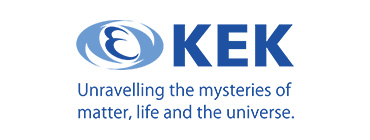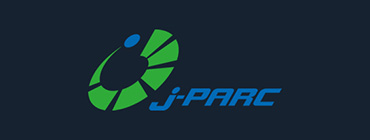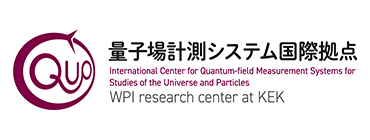- Topics
Report on the 2nd Test Beam Workshop for Instrumentation technology Development
April 18th, 2025
The 2nd Test Beam Workshop for Instrumentation Technology Development was held on April 3rd and 4th. Including online participants, approximately 70 researchers took part in the event.
This workshop focused mainly on reporting the results of inter-use experiments performed at the test beamline installed in the South Experimental Hall of the PF-AR at the KEK Tsukuba campus. In fiscal year 2024, a total of 21 experiments were performed with a cumulative participation of 198 people, marking an increase of about 15% compared to fiscal year 2023. The number of participants from abroad, particularly from Korea and China, nearly doubled.
Among the experiments reported were new trials such as the use of photonic crystals for detecting charged particles (although unfortunately no signal was observed, there are high hopes for future developments), as well as operational tests of state-of-the-art semiconductor detectors. Two experiments aimed at educational purposes were also carried out this year, and it was reported that this beamline is extremely user-friendly, allowing for various fundamental tests to be easily performed.
In addition to research result reports, the session was held on the detector development platform. At the Measurement Instrumentation Development Platform, researchers from a wide range of fields and communities work together through workshops and information exchange to stay up-to-date on the latest detector technologies and trends, and to promote collaborative development. Currently, four development platforms are underway: (1) Optical sensors and scintillators, (2) Semiconductors, (3) Gas and active media, and (4) Electronics.
Examples of shared development infrastructure include: a stockpile of prototype materials such as quantum dots and plastic scintillators (1); shared test benches and a simple cleanroom at the Fuji experimental building (2 + 3); equipment for X-ray irradiation and a laboratory for large cryostats (3); and a test bench with Versal FPGA kits (4).
In this workshop, reports were presented from each of the four platforms, followed by discussions on development strategies, the use of test beams, and the sharing of development resources.
There were also in-depth discussions on improving the test beam itself. The session included discussions on the current operation status and performance enhancements of the electron beamline, as well as a detailed report on the rearrangement of quadrupole magnets scheduled in this summer. Furthermore, there were reports on the potential construction of a hadron test beamline and the test experiments to measure actual beam performances of these potential candidates. Participants exchanged views on future directions.
Overall, it was a productive workshop where participants were able to review the outcomes and operations so far, share ideas, experiences, and a wide range of know-how. Additionally, future operation strategies and development directions were clearly defined.

